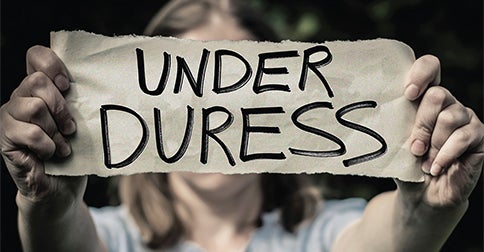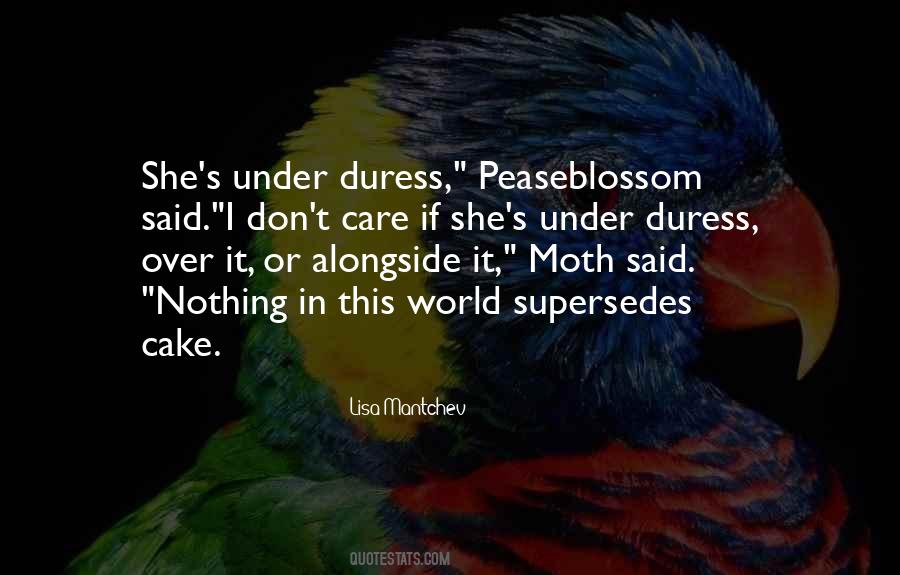

If it can be proven that one of the parties that signed the contract was under duress, then the contract can be considered voidable. Since Wendy was forced to make the decision under the threat of physical violence, this would be coercion or duress. Let’s use the same example as above, except Jill has now threatened Wendy with physical violence in order to obtain a financial inheritance. What is an Example of Coercion or Duress?Ĭoercion or duress is when someone is forced to perform an act (such as signing a legal document) against his or her will by using threats, physical violence, psychological pressure, or other tactics. Jill could provide evidence that Wendy was not the victim of undue influence by showing that Wendy consulted an attorney for council without Jill being present. In this case, there would be a presumption of undue influence due to the fact that Jill lived with Wendy.īecause the law presumes that undue influence has occurred because Jill is benefiting from the contract, Jill would need to provide proof that Wendy was not unduly influenced. Another grandchild, Brent, contests that Wendy was under undue influence in leaving control of her bank accounts to Jill. When Wendy passed away, the other members of the family discovered that in Wendy’s Will, she left Jill in control of her bank accounts. Undue influence usually focuses more on how the relationship between the parties may have affected the circumstances behind signing the contract.Īs an example, let’s say a wealthy grandmother, named Wendy, fell ill, and as a result her granddaughter, Jill, decided to move in with her. Undue influence is when someone pressures another person into signing a contract.


Read More: The Elements of a Valid Contract What is an Example of Undue Influence? Take a closer look at terms such as undue influence, coercion, and duress, and learn about how these factors affect a contract’s validity. But what if you feel you’ve been forced into signing something that you wouldn’t normally agree to? With legal documents, like a Power of Attorney or Living Will, it is generally assumed that the person who signed them did so because they wanted to.


 0 kommentar(er)
0 kommentar(er)
